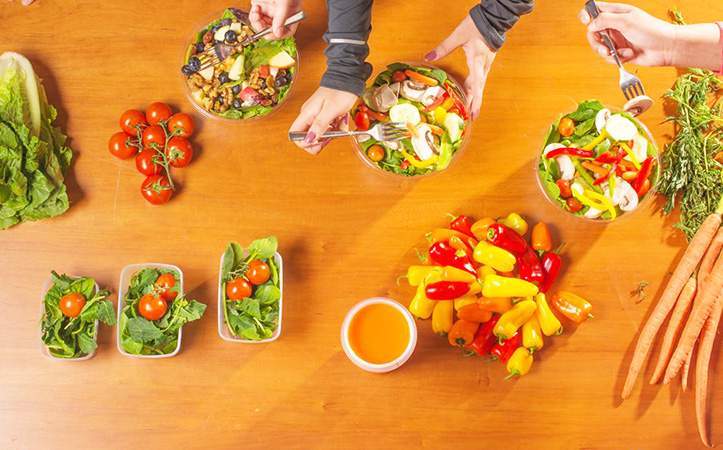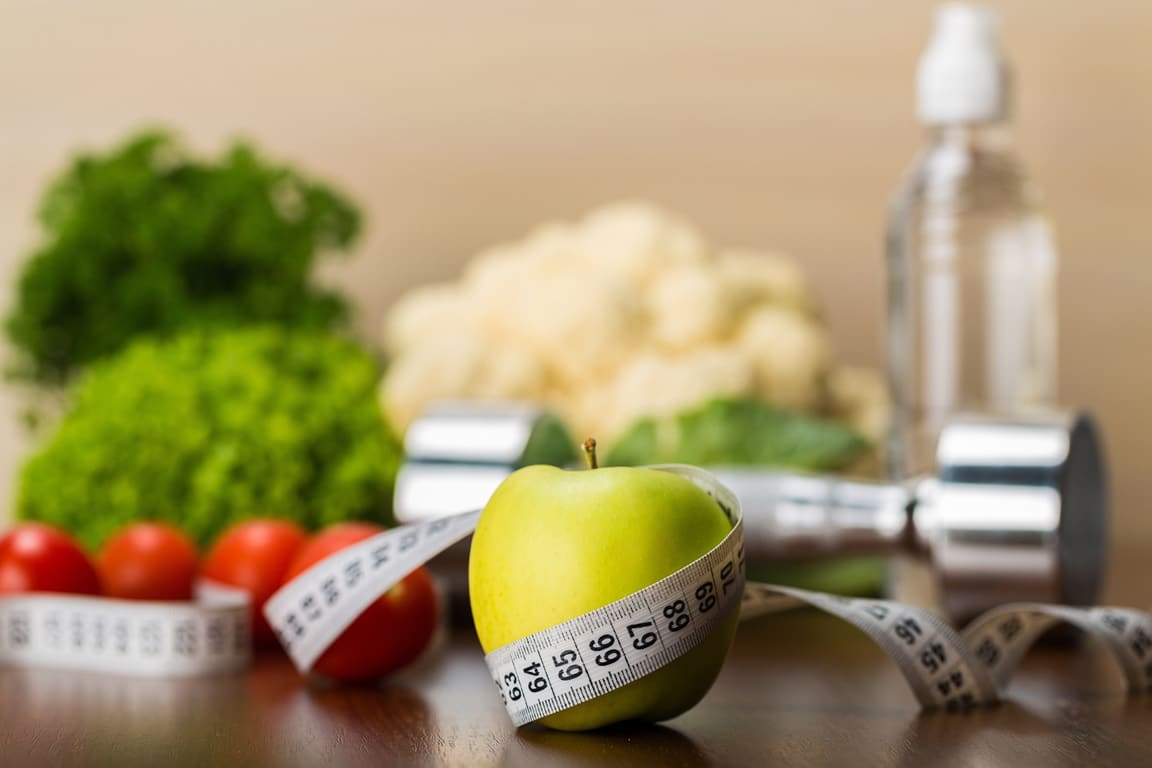People who switch to organically grown food immediately feel the kick in their budget. Organically grown foods are more expensive than chemically grown or conventional food. Why’s that so? Since farmers who produce organically grown food refrain from using harmful chemicals and pesticides that can damage the environment , their efforts are multiplied. Another reason for this is because the government does not provide funds for the production and sustainability of organic produce.
But is it possible to stick to an organic diet without sacrificing the budget? The answer is yes. Read the tips we listed below to know how:
Use DIY ingredients
More than being a cheaper option, DIY ingredients are also healthier because you know the ins and outs of the food you’re preparing. When you start from scratch and mix your own ingredients, you put your mind at ease because you’re sure that your food has zero preservatives and additives. It takes a longer time to prepare, but at least you’re familiar with every single ingredient that you used.
Seasonal produce.
When organically grown foods are in season, traders bring down the price. Make it a habit to check what fruits and vegetables are in season and base the recipe of your daily meals on their availability. Remember, the season depends on your geographic location.
Choose unprocessed, raw food items
You save more money when you purchase unprocessed organic products. The key to living within the budget while enjoying healthy, organic meals is choosing food in their most unprocessed form and just let your kitchen skills work its magic and transform them into sumptuous meals through brewing, baking, and cooking. It’s not about how expensive your ingredients are, it’s about how resourceful YOU are. Of course if you have money to spare then by all means, go for the processed food. Those who are following a strict budget however, you know the drill.
There’s power in numbers.
Of course it’s cheaper if you buy per piece, but think about how much you’ll save if you buy products in bulk packages. More often than not, the bulk is cheaper and it’ll save you from taking unnecessary trips to the grocery to buy a carrot or two eggs. Familiarize yourself with the organically grown products in markets, supermarkets, health food stores, and specialty grocery stores and compare the price per piece and per bulk. If you notice that they aren’t selling organic products in bulk, then recommend it to them. Once they find out that there’s a market for organic products in bulk packages, it’ll show up on their store shelves in no time.
Support local.
Buying food from local suppliers seals the freshness, increases supply, and reduces unnecessary costs. It’s like hitting two birds with one stone because you get the organically grown foods that you want while helping your community.
Build relations with farmers and gardeners.
It helps when you personally know someone who organically grows food. When you’re a regular customer, you and the farmer or gardener can agree upon a regular rate for you. It may even reach a point where they’ll allow you to harvest your own produce. In some cases, barter trade is allowed, wherein you trade your items or services for fresh harvest.
Join Community Supported Agriculture (CSA) farms if you have one nearby. The registration fee depends on food supply and location. You can apply or subscribe to the harvest of the season and claim your share every week at the farmer’s market, or have it delivered straight to your door step. CSAs purchase organically grown produce in bulk and then share the savings to some of their members.
These CSAs are mostly volunteer-based and the perks for lending a hand when it comes to harvest, preparing orders, and other assignments are:
- You get dibs on the fresh produce,
- You know that you’re supporting the farmers in your community,
- You save more money, and
- You don’t have to order your organic produce from the opposite side of the planet.
Pick foods that should be eaten in organic form.
There are plenty of foods that should be consumed in their organic form because if not, you’ll end up eating green leafy pesticides. If you’re finding it difficult to spend money on organic food, you have the option to add conventionally grown foods in your diet. At the end of the day, it’s not really about what you eat, it’s about the process used in growing the food and the effect that it has on land, air, and water.
Develop your own organic garden.
There are articles online that give you tips on how to develop your own organic garden. Nothing beats the feeling of picking organic food from your own backyard because you know that it’s safe and fresh. Once you get the hang of it, you’ll find yourself spending most of your weekends working in the garden.








